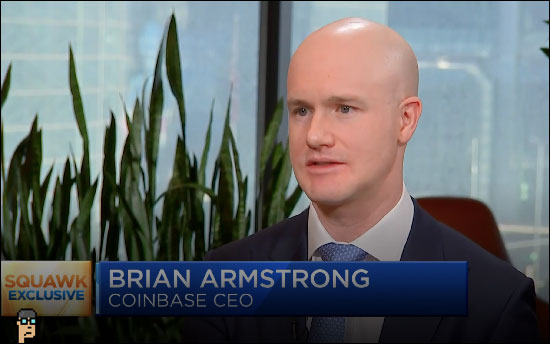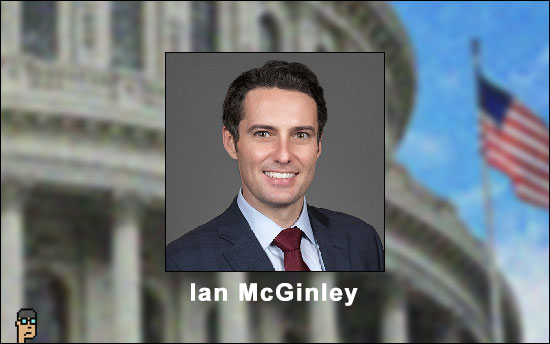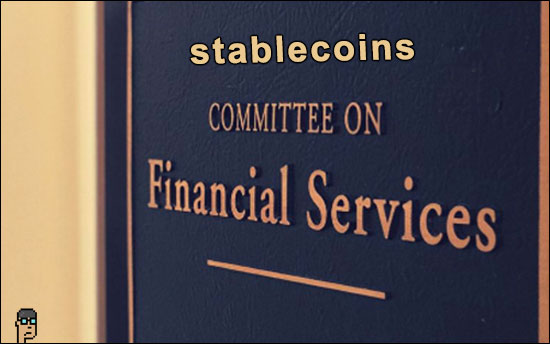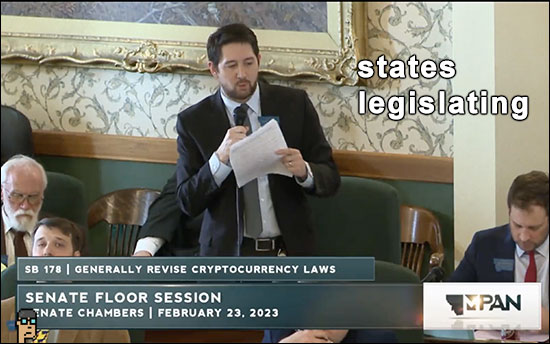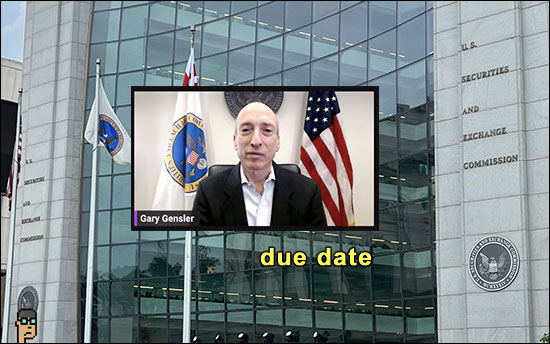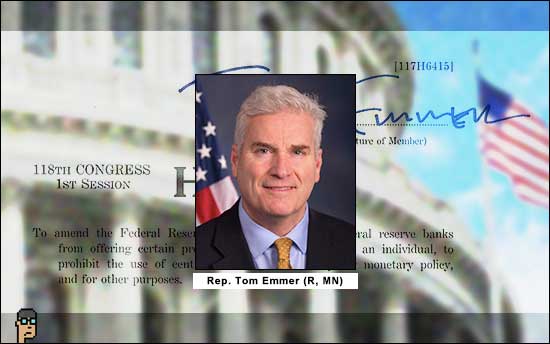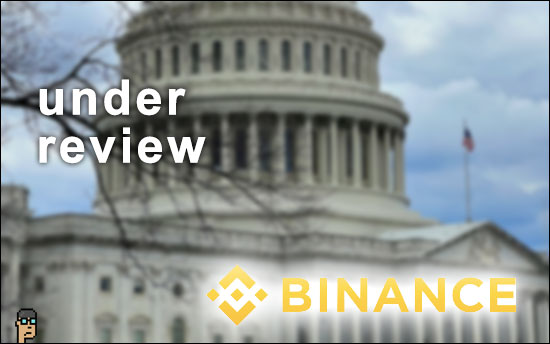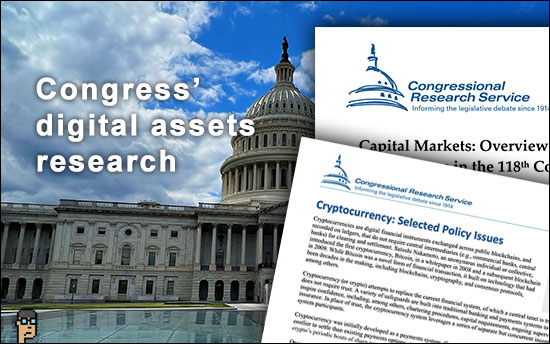Here’s today’s blockchain tipsheet… prefer it by email? Sign up here.
research #1 – crypto
Congress’ on-demand research team, Congressional Research Service (CRS), released two new papers on the digital assets industry last week. In “Cryptocurrency: Selected Policy Issues (PDF),” the 33-page tome written by Paul Tierno, a former member of the San Francisco Federal Reserve Bank (according to LinkedIn), provides extensive definitions and even-handed coverage of where policy stands today specifically on cryptocurrency.
CRS writes on page 23, “The regulation of cryptocurrency is unsettled and evolving. Currently, there is not a comprehensive framework for regulating the range of cryptocurrencies, other digital assets, and trading platforms that parallels regulation of securities or commodities. Neither Congress nor federal regulators have created new comprehensive rules specific to crypto.” Everyone on Capitol Hill may end up reading this research. It’s a good one.
You’ll also want “Crypto and Banking (PDF)” released by CRS earlier in February.
research #2 – digital assets
CRS also released a broader version of the crypto reports above called “Capital Markets: Overview and Selected Policy Issues in the 118th Congress (PDF)” with a 14-page discussion on digital assets beginning on page 41. Topics include… “Stablecoins resemble certain investment funds. Stablecoins often have reserve asset portfolios that hold assets backing the coins’ values. Many industry observers and some regulators believe that the general mechanisms involved in creating, distributing, and redeeming stablecoins – and the means by which stablecoins aim to maintain their pegs with a reference asset – resemble similar mechanisms employed by MMFs and ETFs, which are regulated by the SEC. Some commentators have thus argued that stablecoins should be regulated as investment companies by the SEC.”
CBDC – Japan
The Bank of Japan announced on Friday that the it plans to launch a Central Bank Digital Currency pilot program in two months (April). According to analyst firm Fundstrat, “The program’s two goals are to test the technical feasibility of a digital currency and to utilize the experience of existing industry leaders for expertise in designing and implementing the potential new currency.” This is actually the third phase of a series of proof of concepts (PoCs) the Bank has undertaken since 2020.
According to the Bank of Japan, it is moving ahead cautiously, “At present, we do not assume any actual transactions to take place among retailers and consumers; only simulated transactions will be settled in the test environment. We will continue to communicate externally, with high transparency, in sharing topics including the specifics of the pilot program and updates on progress made.” Read the English-language press release.
Continue reading “Congressional Research Releases Digital Asset Overviews; Japan Evolves CBDC”

